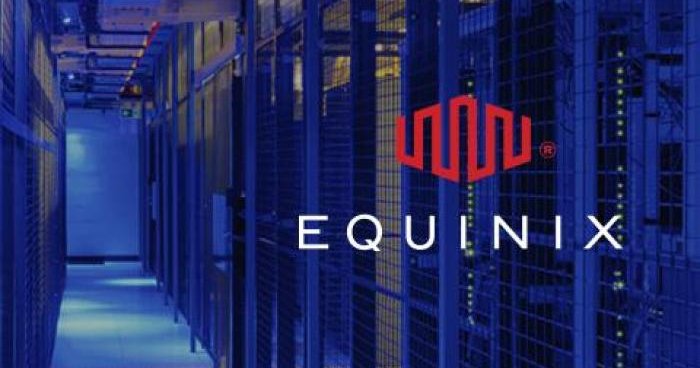Data center giant Equinix has signed multiple agreements to secure advanced nuclear power for its operations, including power purchase agreements for fission energy and pre-orders for microreactors, the company announced Thursday. The move comes as the explosive growth of energy-intensive technologies like generative AI strains global power grids, with massive data centers now consuming electricity comparable to small cities. Equinix’s deals aim to provide over 1 gigawatt of clean, reliable nuclear power to meet its escalating energy needs.
The agreements highlight the tech industry’s growing interest in next-generation nuclear solutions to address power shortages. Equinix plans to procure 500 megawatts from California-based Oklo’s advanced fission reactors and has pre-ordered 20 portable microreactors from Radiant Nuclear. In Europe, the company has also struck deals with nuclear developers ULC-Energy and Stellaria for future power supply. Additionally, Equinix secured fuel cell agreements with Silicon Valley’s Bloom Energy as part of its diversified clean energy strategy.
These efforts align with the U.S. Department of Energy’s push to accelerate advanced nuclear deployment, having recently selected 11 pilot projects to develop high-tech test reactors—with a goal of bringing at least three online within a year. However, small modular reactors (SMRs) and microreactors are not yet commercially available in the U.S., the world’s largest data center market, leaving companies like Equinix to plan years ahead for sustainable power solutions.
Equinix’s executive vice president, Raouf Abdel, emphasized that the agreements represent long-term energy planning rather than a short-term fix. As AI-driven demand strains power grids worldwide, tech firms are increasingly exploring nuclear energy to ensure stable, low-carbon electricity. With data centers consuming ever-larger shares of global energy, Equinix’s investments could set a precedent for the industry’s shift toward advanced nuclear power.














